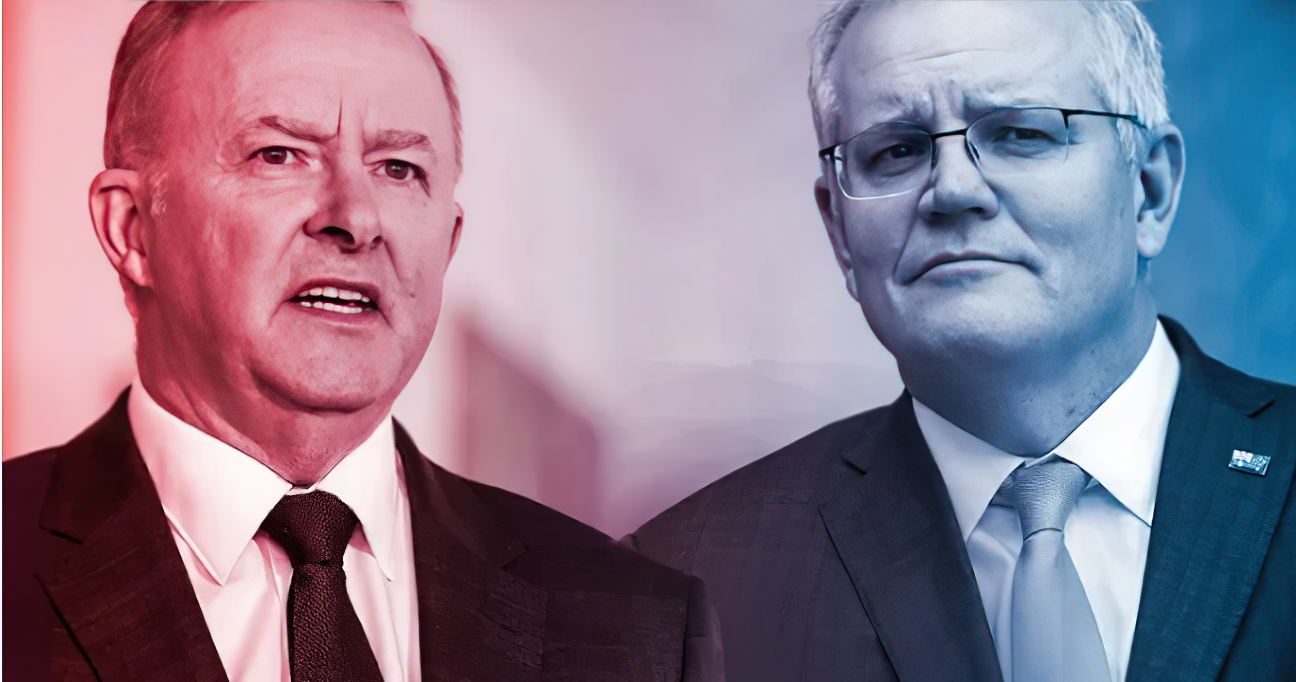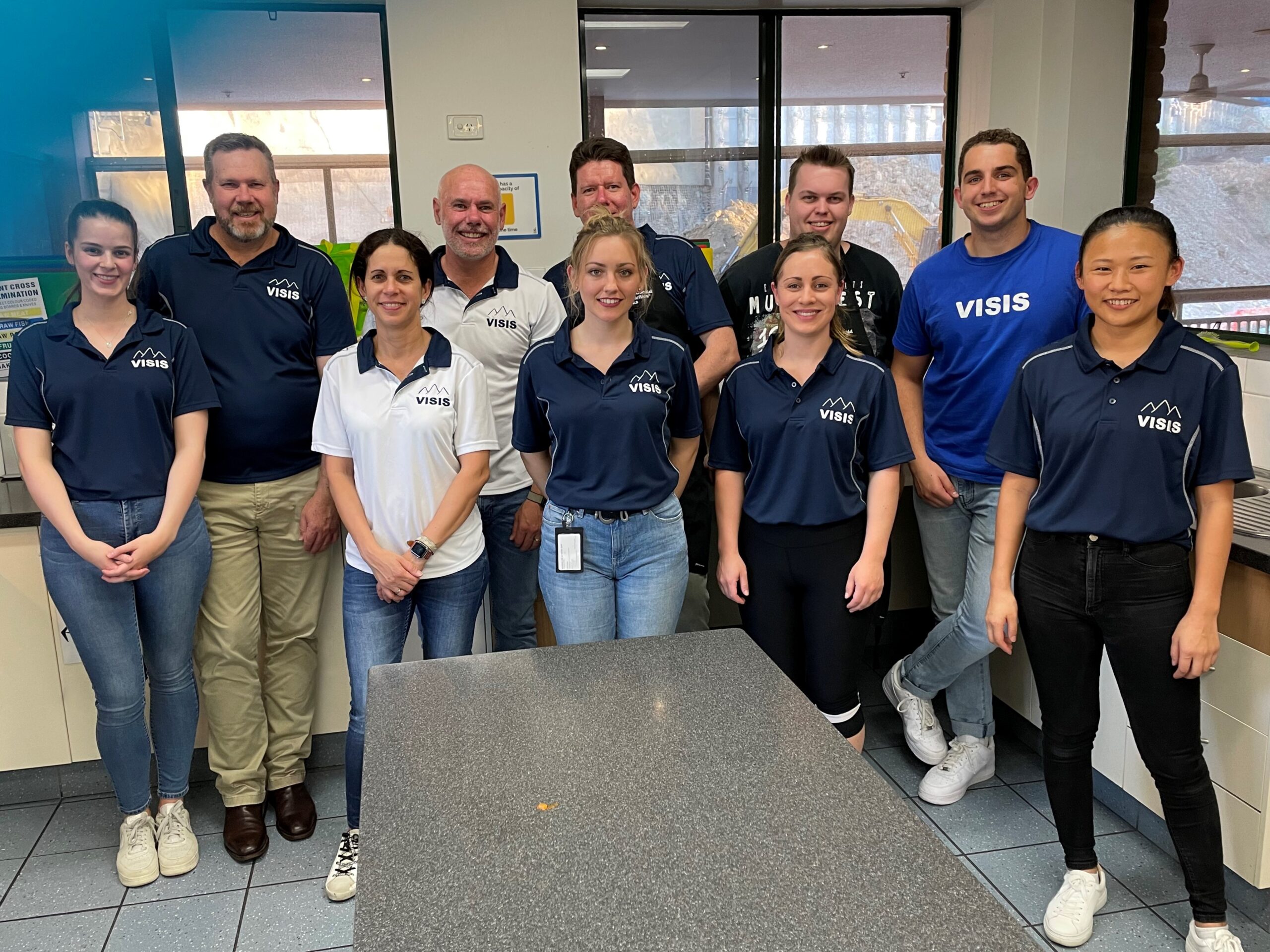It’s an important election. Apart from deciding the nation’s policy and regulatory regime for the next three years, the resulting Government takes the important mantle of responsibility for steering Australia though ongoing economic and social recovery after more than two years of COVID pressure.
We are facing the most uncertain times we’ve seen in the last two decades – with rising interest rates, potentially slowing economic growth outlook and a difficult wages environment. Now more than ever and most importantly, experience is key.
Most won’t argue that Government spending over the last two years was absolutely necessary to keep our economy alive during uncertain times. These essential expenditures will now need to be prudently managed back to more moderate levels while economic stimulus continues to grow revenue.
We need productivity, investment and growth to positively impact our economy, wages and cost of living – all of which an experienced Government is capable of. A new Government, on the other hand, will inevitably stretch the purse strings, increase expenditure and borrow more money to fund election promises, which will only negatively impact the ability to shrink the budget deficit.
We have an uncertain future ahead of us. Vastly different from the last three elections. Experience will be a boon to navigating what’s to come, and is what Australia needs to see us through a new world.
Domestically, there are many issues afoot that voters will closely consider when they go to the ballot box next Saturday. Not least on their mind will be financial issues such as rising interest rates, stagnated wage growth, geopolitical impacts and the state of the economy. All these factors aren’t exclusive to political considerations. They have demonstrated influence over financial and investment markets, with the ASX taking a hit over the past week as investor confidence wavered and consumer pressures continue.
Thankfully, for the most part, Australia’s economy has weathered the effects of COVID, with global ratings agency S&P reaffirming Australia’s AAA credit in January based on an improving fiscal outlook. However, geopolitical tensions caused by the crisis in Ukraine, China’s growing ties with the Solomon Islands, and supply chain issues is keeping Australia’s political heavyweights, business community, and voters on edge – there’s more to consider than just the economy.
That became evidently clear when ABC’s Vote Compass identified climate change as the single most important issue concerning Aussie voters. Apart from this, Australian’s are also concerned about the nation’s economy and finance, cost of living and affordability, the defence sector and public security.
While it’s always important to keep abreast of and passionate about current issues affecting the world, our country and communities, it’s wise to remember we can’t have everything overnight. Climate change is important on all fronts, regardless of which political party is talking about it. We need to be more concerned about being able to pay for initiatives without costing the public in more inflation issues. Why run the risk of ruining our economy to bring forward already appropriate targets? Additionally, Australia is small fry when it comes to emissions. We need our global trading partners to effectively reduce their emissions, otherwise it’s futile effort on our part to think we alone can instigate wholesale change. To manage our country on good outcomes, we’ll need to be able to navigate the budget and apply our capital with wisdom and experience.
Government accountability and operations has also reared its head as a key issue, one that the rise of the teal independent army has very much been focused on. Its unsurprising Coalition voters are swaying towards defence and the economy as their most important election and policy issues – much of the Liberal-National Government’s campaign activity has been focussed around keeping the economy strong and looking after national security.
It’s a different story in my local electorate of Brisbane, where former political staffer and LNP incumbent Trevor Evans has been campaigning hard on the environment, climate change, cost of living, waste reduction (for which he is Assistant Minister) and aged care. Having held the seat since 2016 and currently only enjoying a 4.9 per cent margin, his political approach has been somewhat different to his Coalition colleagues. Mr Evans will be acutely aware the electorate has had long Labor party reigns, having been held consecutively by Labor from 1983 to 2010. And the Green first preference has been steadily rising since 1993, when they returned 3.3 per cent to 2019 when they hit a high mark of 22.4 per cent of first preference votes in Andrew Bartlett’s comeback attempt.
Despite the rise of the Green vote at both Federal and State level in Brisbane and much of south-east Queensland, a strange turn of circumstances recently in which National Party darling Matt Canavan’s declared the Coalitions’ net zero carbon policy was dead led to a boost in popularity of the LNP across Queensland, raising the state coalition vote seven points to 41 per cent. Mr Evans strategically distanced himself from the comments, wisely seeing the conscience and number of under-30 voters being more important to his political career than joining the climate change sceptic chorus.
Election analysts have been predicting Climate 200-backed teal candidates will have a profound impact on voting outcomes in many capital city electorates. But here in Brisbane, an independent candidate is notably absent from the race – meaning Mr Evans, his Labor and Greens challengers have been visibly filling the void.
Another former political staffer, ALP’s Brisbane candidate Madonna Jarrett has similarly been focussed on climate change, housing affordability and cost of living pressures. Those are pain points addressed to some degree by the Federal Government’s recent Budget. It unveiled a raft of short-term support measures aimed at providing relief against the rising cost of living – tax breaks, petrol levy reductions and one-off payments for those on welfare – in a bid to secure support from low to middle-income earners. However, I fail to see how those tactics are likely to have a large impact in Brisbane, a 121-year-old electorate made up largely of wealthy individuals.
Big spending to aid Australia’s recovery through COVID will come at a price and is more likely to concern wealthy individuals and businesspeople who know future ticket clipping to claw back deficits will likely be aimed at them. The next Government will need to look at cutting back spending and growing revenue to chip away at the country’s Budget deficit, which has grown to more than $250 billion. That’s close to 8 per cent of the nation’s total Gross Domestic Product value in 2021-22. Now at record levels, Australian Financial Review’s economic correspondence Ronald Mizen has reported Federal Government will be faced with finding $40 billion of savings each year over the next 15 years.
Political history is against Anthony Albanese and a Labor win in 2022 – it’s much harder to win Government from Opposition – something Mr Albanese has openly admitted during the campaign. That said, the result in South Australia earlier this year demonstrated incumbency shouldn’t be taken for granted and voters are prepared to catalyse change. Here in Brisbane, election analyst Antony Green has predicted slippage of Mr Evans’ first preference vote below 45 per cent could result in his defeat. Pollsters have team Albanese currently ahead by a nose. But in the name of stability and continuity in times of widespread uncertainty, the best result for Brisbane and our nation is the Coalition retaining power and seeing out the next term.
All in all, I urge voters to consider going to the ballots with the mindset of hiring a team to look after us during an uncertain time. Let’s dig deeper and look further beyond which candidate looks better with black glasses and instead, contemplate the strengths and weakness around experience and policies. It’s not a popularity contest, we’re hiring someone for a job.
Choose wisely.



